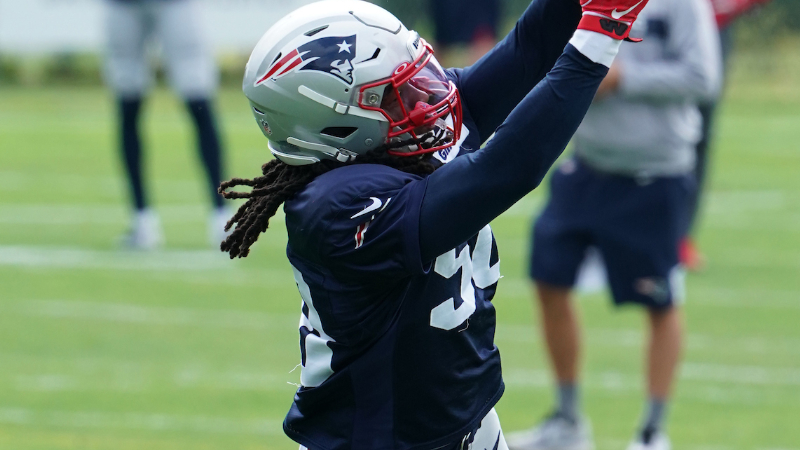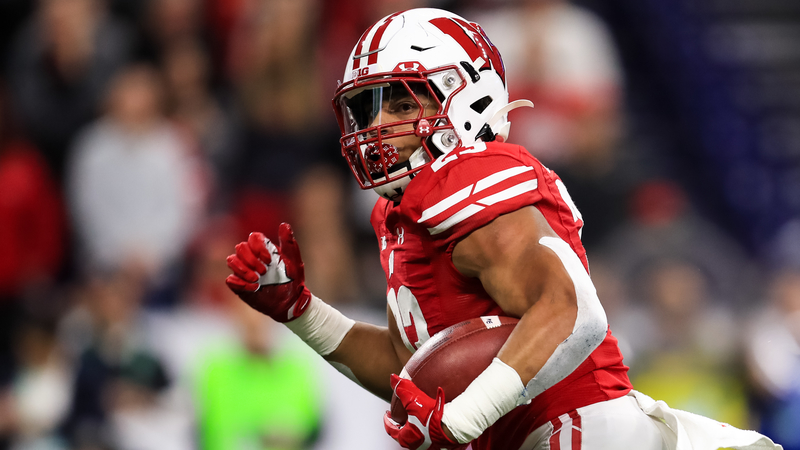The New England Patriots faced this exact situation two years ago.
In the 2015 regular season finale, the 12-3 Patriots had a chance to clinch the No. 1 seed in the AFC with a win over the 5-10 Miami Dolphins in Week 17 and basically chose not to try. They ran the ball on 16 of their first 18 plays, let Steven Jackson and Brandon Bolden rack up 23 carries for 66 yards and allowed quarterback Tom Brady to take a beating behind a patchwork offensive line in a miserable 20-10 loss.
That ugly defeat cost the Patriots home-field advantage and forced them to travel to Denver in the AFC Championship Game, which they lost 20-18 to the eventual Super Bowl champion Broncos.
Though this Sunday’s game will have a different setting — the 2015 regular season finale was in Miami; this one is at home — the stakes are identical.
If the 12-3 Patriots take care of business against the 5-10 New York Jets, they’ll enter the playoffs as the top seed in the AFC, assured of playing every game at Gillette Stadium until Super Bowl LII. Lose, and New England would need the 0-15 Cleveland Browns to upset the Pittsburgh Steelers to avoid slipping to No. 2 in the standings and possibly having to travel to Heinz Field for the AFC title game.
Patriots coach Bill Belichick said he hasn’t discussed the game’s playoff implications (“I haven’t mentioned it, no”), but his players know what’s on the line.
“Whatever comes with it, comes with it,” safety Devin McCourty said Wednesday. “I think for us, the biggest thing is playing well. It’s that time of the year where you don’t want to go out there and just not be prepared, not go and play a good game.”
Added safety Duron Harmon: “We all know what’s at stake, so it doesn’t even need to be talked about.”
Just how important is the No. 1 seed, though? Consider this:
— In the past four seasons, higher-seeded (i.e. home) teams are 8-0 in conference championship games. Of those eight teams, only the 2016 Atlanta Falcons were not a No. 1 seed. (They were a No. 2 and beat the fourth-seeded Green Bay Packers to reach Super Bowl LI.)
— Sixteen of the past 19 Super Bowls included at least one No. 1 seed. (The exceptions: No. 4 Baltimore Ravens vs. No. 2 San Francisco 49ers in XLVII, No. 2 Steelers vs. No. 6 Packers in XLV and No. 2 Steelers vs. No. 4 Arizona Cardinals in XLIII.) Only four of those 16 games featured the top-seeded team from each conference, but three have come in the past four years.
— Though the Patriots won in Pittsburgh during two of their first three Super Bowl runs, they’re just 1-4 in road playoff games since 2004. Three of those losses came in the AFC title game: to the Indianapolis Colts in 2006 and to the Broncos in 2013 and 2015. The lone win came in the 2006 divisional round against the San Diego Chargers.
— The Patriots were the No. 1 seed in five of their seven Super Bowl appearances during the Brady/Belichick era, including each of the last four. They were the No. 2 seed in 2001 and 2004.
— Each of the past three times the Patriots entered the playoffs as the No. 1 seed, they won the AFC title (2016, 2014, 2011). Each of the past six times they entered as any other seed, they lost before the Super Bowl (No. 2 in 2015, 2013 and 2012; No. 3 in 2009; No. 4 in 2006 and 2005).




